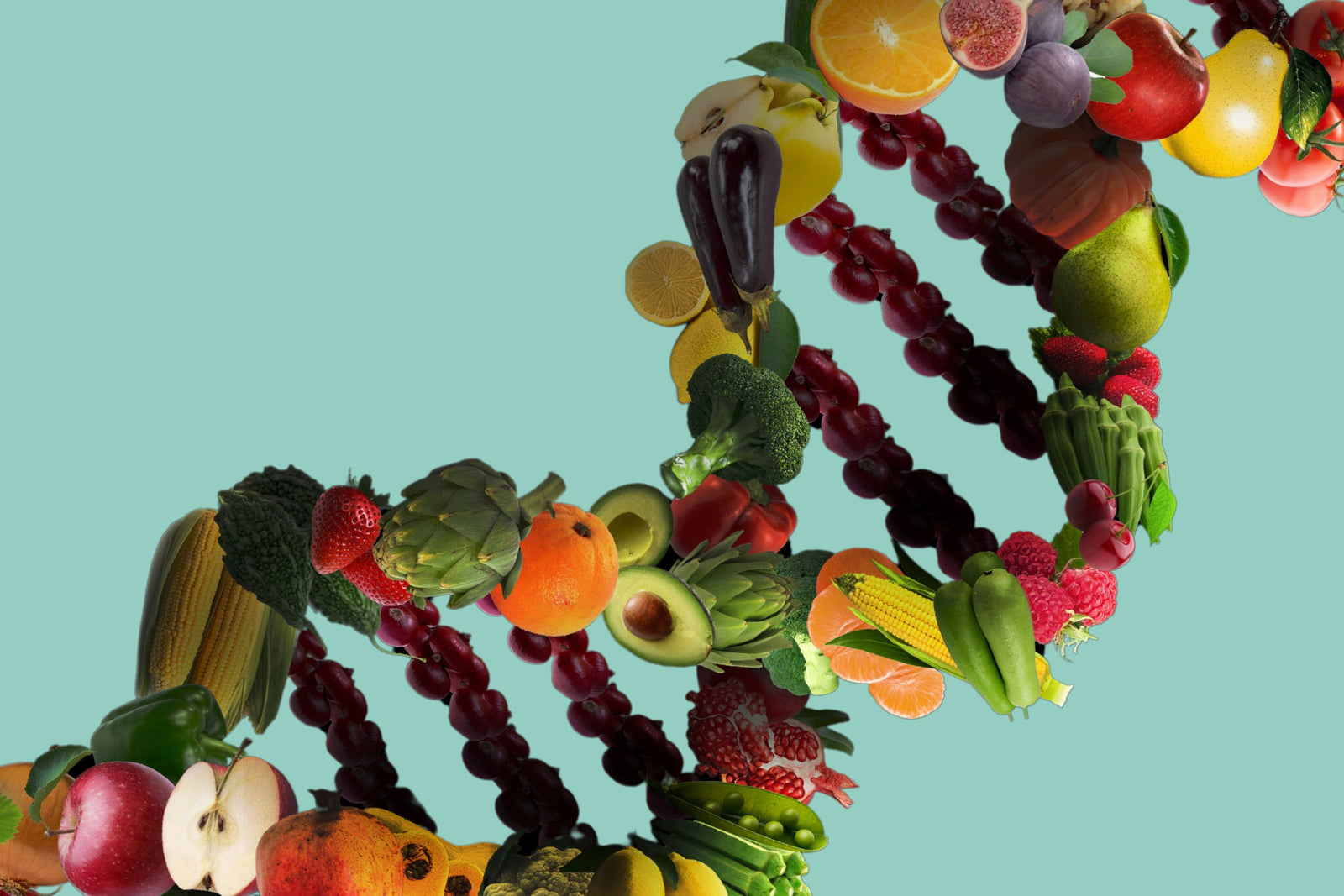Understanding COQ8A and Coenzyme Q10 (CoQ10)
Coenzyme Q10, or CoQ10, is a molecule your cells use to produce energy and protect themselves from oxidative damage. The COQ8A gene helps make a protein that is important for producing CoQ10 inside cells. Variants in COQ8A can influence how well your body makes or maintains CoQ10, which can affect energy production and antioxidant defenses. Regardless of genotype, supporting CoQ10 through food, lifestyle, and, when appropriate, supplements can help maintain cellular health.
How genetics affect CoQ10
Different versions of the COQ8A gene are associated with varying effects on CoQ10 production:
- Two copies of the effect allele (AA) may substantially reduce the ability to synthesize CoQ10.
- One copy of the effect allele (AG) typically means you are a carrier. Most carriers do not experience severe symptoms but this is relevant for family planning and awareness of modest risk.
- No effect alleles (GG) generally indicates typical COQ8A function and expected CoQ10 biosynthesis.
Genetic interpretation
Two effect alleles (AA)
You have two copies of a rare COQ8A variant associated with a reduced ability to produce CoQ10. This genotype suggests a stronger predisposition toward lower cellular CoQ10 levels, which may affect energy production and antioxidant capacity. Supporting CoQ10 through diet and lifestyle is especially important. Talk with your healthcare provider about whether CoQ10 supplementation, testing, or specialist referral is appropriate for you.
One effect allele (AG)
You carry one copy of a rare COQ8A variant. As a carrier, you usually will not have severe CoQ10 deficiency symptoms, but this information can be useful for understanding personal health risks and family planning. Consider lifestyle and dietary measures that support CoQ10. If you have symptoms such as unexplained fatigue or muscle weakness, discuss testing and possible supplementation with your provider.
Zero effect alleles (GG)
Your COQ8A genotype is the typical form associated with normal CoQ10 production. This does not rule out other causes of low CoQ10, and maintaining a balanced diet, activity, and sleep remains beneficial. If you are concerned about fatigue, muscle symptoms, or have other health conditions, consider discussing CoQ10 with your healthcare provider.
Dietary strategies to support CoQ10
Food is a practical first step for supporting CoQ10. Include a variety of CoQ10-containing and supportive nutrient foods:
- Fatty fish (salmon, mackerel, sardines) — good natural sources of CoQ10
- Organ meats (liver, heart) — concentrated CoQ10 content
- Nuts and seeds (peanuts, pistachios, sesame) — modest CoQ10 and healthy fats
- Whole grains and legumes — provide B vitamins that help energy metabolism
- Fruits and vegetables rich in vitamin C and antioxidants (berries, citrus, leafy greens)
- Selenium-containing foods (Brazil nuts, seafood) — selenium supports antioxidant pathways
Supplement considerations
If diet alone is insufficient or if testing suggests low CoQ10, supplementation can be considered under medical supervision. Common points to discuss with your clinician:
- Form: Ubiquinone is the traditional form; ubiquinol is the reduced, more bioavailable form and may be better absorbed in some people.
- Typical dosing: Over-the-counter doses commonly range from 50 to 300 mg per day; clinical needs can vary and your provider will advise an appropriate dose.
- Timing and absorption: Take with a meal containing fat to improve absorption.
- Interactions: CoQ10 can interact with certain medications such as blood thinners and some blood pressure drugs. Always review supplements with your healthcare provider before starting.
Lifestyle changes that help CoQ10 function
- Regular physical activity: Moderate aerobic exercise supports mitochondrial function and energy metabolism.
- Sleep quality: Adequate restorative sleep helps cellular repair and energy balance.
- Stress management: Chronic stress increases oxidative load; practices like mindfulness, gentle yoga, or breathing exercises reduce stress-related damage.
- Avoid smoking and limit alcohol: Both increase oxidative stress and can worsen CoQ10 depletion.
- Maintain a healthy weight: Excess weight increases metabolic strain and oxidative stress.
When to consider testing
If you have symptoms such as persistent unexplained fatigue, muscle weakness, or a family history suggesting inherited CoQ10-related conditions, discuss testing options with your healthcare provider. Possible evaluations include plasma CoQ10 measurement and metabolic or mitochondrial function assessments. A clinician can interpret results in the context of your overall health, medications, and genetic information.
Practical next steps
- Review your genotype and this report with your healthcare provider to determine personalized follow-up.
- Prioritize a diet with fatty fish, organ meats if acceptable, nuts, seeds, and plenty of fruits and vegetables.
- Consider a CoQ10 supplement only after discussing risks, benefits, dosing, and interactions with your clinician.
- Adopt regular exercise, sleep, and stress reduction habits to support cellular energy and antioxidant defenses.
- If concerned about family planning, share your carrier status with a genetics counselor or provider to discuss partner testing and reproductive options.
Important notice
PlexusDx provides educational information about genetic predispositions only and does not provide medical advice. This report is not a diagnosis. Always consult your healthcare provider before making changes to your diet, starting supplements, or pursuing medical testing or treatment based on genetic information.

Share:
Cholesterol | ABCG8 (rs11887534)
Molybdenum | SUOX (rs121908007)